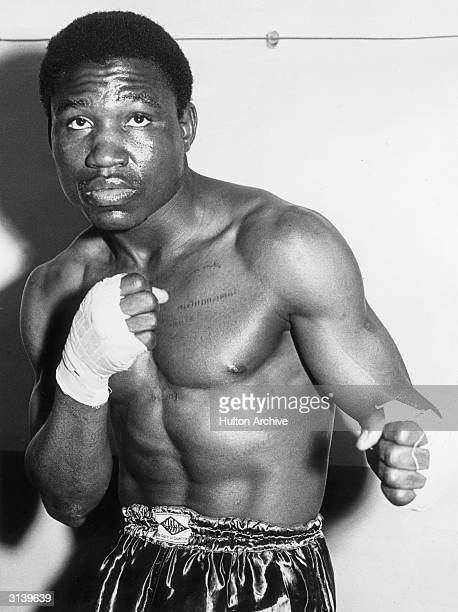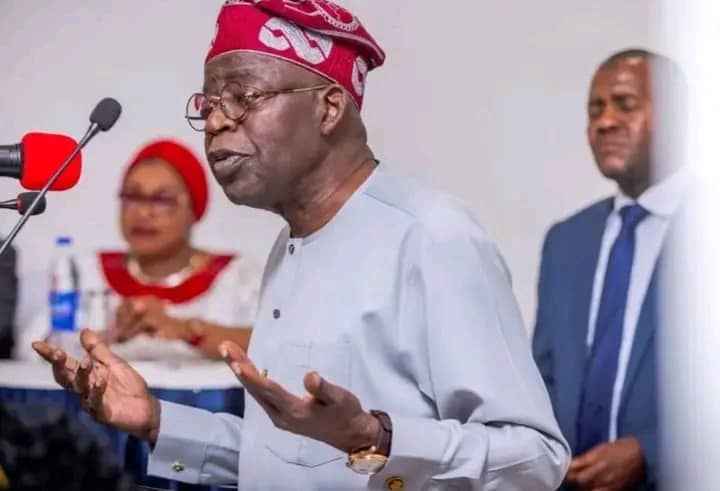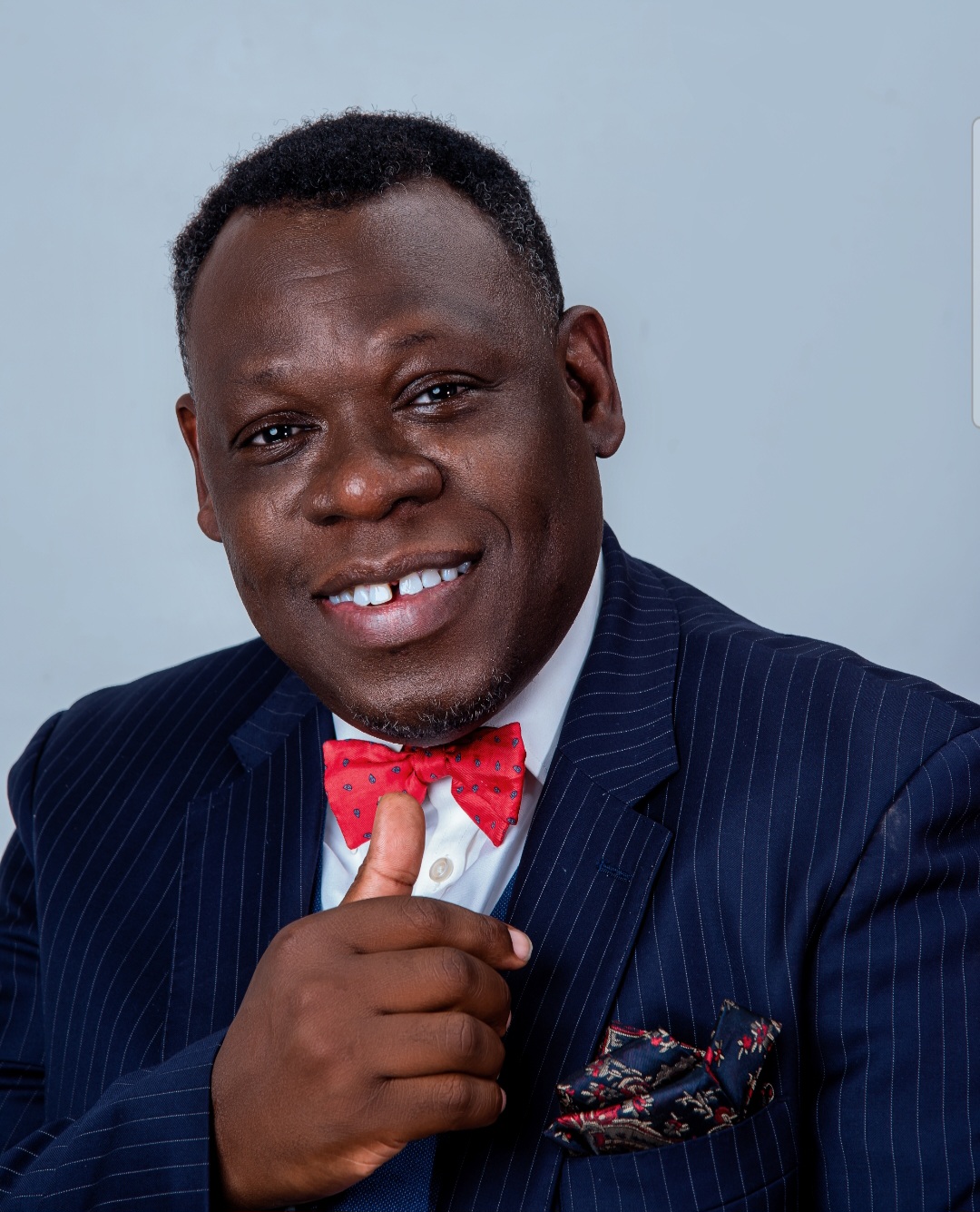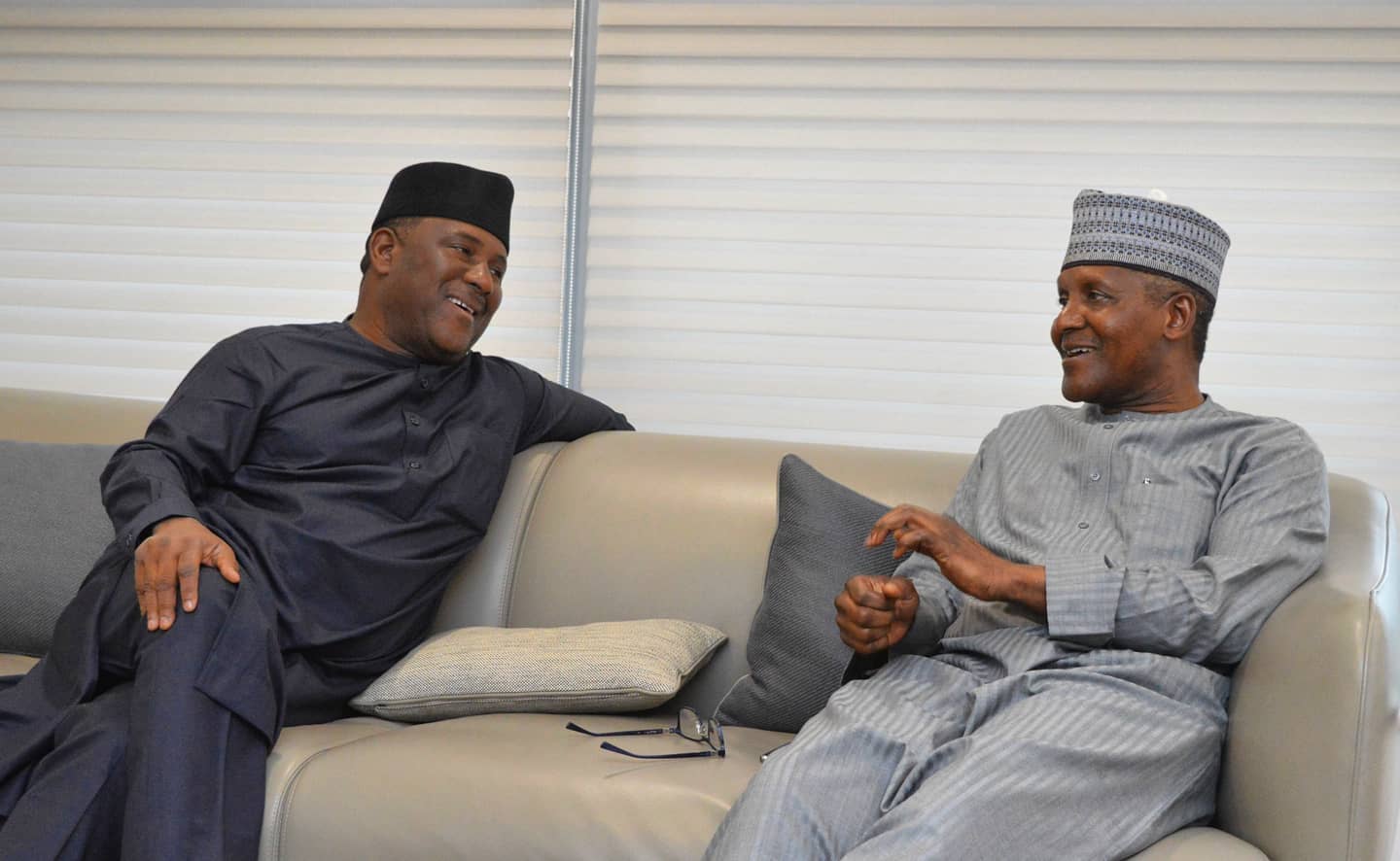Ibadan, Igbo Accomplishments And Dick Tiger’s Heroics
ORI MARTINS

The ancient enclave of Ibadan ranked as the third largest city in Nigeria after Lagos and Kano, potentially and patently has a demographic conviviality with South East’s quantum accomplishments even now.
It must be recorded that the legendary Chief Obafemi Awolowo, perhaps, the greatest politician the Yoruba nation has ever produced, never played football, was never associated with sports activities, but he conscientiously built the first modern stadium in Nigeria!
However, it was an Igbo, Dick Tiger Richard Ihetu that first brought global attention to the stadium on August 10, 1963 he punched America’s Gene Fullmer to stupor to retain his World MIddleweight title at the Liberty Stadium, Ibadan. The Tiger, Fulmmer bout was the first of its kind in the history of decolonized Africa – before then no international boxing fight ever taken place in Africa! Of course, Fulmmer was among the biggest names in world’s boxing at the time.
But, buoyed by almost 40, 000 boisterous Nigerians, Tiger, true to his name and pre-fight rating, effectively and easily knocked out his American foe in the seventh round. The cheering fans celebrated the victory deafeningly. Before then, both men had met two times, with Tiger winning one and the other ending in a draw.
In all, Tiger had 82 fights whereupon he recorded 60 wins to wit: 27 knock out fights and 33 by decisions. He lost 19 bouts of which 17 were by decisions and only two were knock outs. Remarkably, Tiger lost only three of his 17 local fights in Nigeria.
Strangely, the great tiger miserably lost all her first four international fights but magnificently equalized by beating four British boxers in various cities in England. Like a roaring lion, Tiger by stint of hard work and professional discipline, emerged the World Middleweight and Light Heavyweight champions. He was so successful that the influential Ring Magazine named him the Fighter of the Year in 1962 and 1965.
Following suit, the almighty Boxing Writers Association of America (BWAA) voted him the Best Boxer in 1962 1966. Again, Tiger was votes among the Best Boxers of the 20th Century just as the Ring Magazine noted that he was the 31 best boxers of the last 100 years. In view of his outstanding performance, he was inducted into the famous World Boxing Hall of Fame. It was the first any full blooded African was so much honoured.
Several years before Tiger’s heroics, an Igbo, the much revered Prof. K.O. Dike had been the first indigenous vice chancellor as he was the VC of University College Ibadan established in 1948. It was dike that transformed what was a university college into an international and award winning university. It must be remembered that University College Ibadan produced what could be regarded as some of the best Igbo brain across disciplines: Achebe, Chike Momah, Flora Nwapa, Ben Obumselu, Emmanuel Obiechena, Adiele Afigbo, Aja Wachuku, MJC Echeruo, Christopher Okigbo, Emeka Anyaoku, Chukwuemeka Ike, etc.
Politically, it was in Ibadan in 1951 that what sowed the seed of discord between the Igbo and Yoruba took place. Zik’s NCNC had won majority of votes in the Western House election in 1951 but shortly before the inauguration, the NCNC members dumped the party for AG and that victory was denied. It the 1951 experience that compelled Zik not to actually consider Awo en route independence in 1960.
And on July 29, 1966, Colonel Adekunle Francis Fajuyi took an uncommon decision that restored the Yoruba – Igbo understanding when he made the famous statement “kill me before you take my supreme commander away”. The first military head of state, General Aguiyi Ironsi was assassinated in Ibadan but it was the handiwork of Hausa/Fulani soldiers who were retaliating the January 1966 coup which they wrongly termed Igbo coup.
After Ironsi’s death, there were killings of Igbo in the north. The military governor, Colonel Emeka Odumegwu Ojukwu demanded the whereabouts of Ironsi just as he said that Yakubu Gowon was not next in rank. The differences between Ojukwu and Gowon could not be resolved and the war was made inevitable. Ndigbo were being blockaded when Ukpabia Asika, a brilliant scholar at University of Ibadan was appointed by Gowon to be the administrator of East Central State. He was labeled a saboteur and he never came out of that trauma until he dies about 2004.












